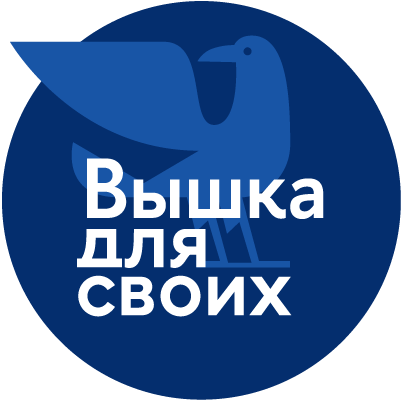- A
- A
- A
- АБB
- АБB
- АБB
- А
- А
- А
- А
- А
Professor Ronald Suny Celebrates His 75th Birthday
Professor Ronald G. Suny, head of the international research project "Comparative Historical Studies of Empire and Nationalism", today celebrates his 75th birthday! His colleagues at HSE in St. Petersburg at the Department of History and Center for Historical Research wish Professor Suny every success in his work and many happy returns of the day.
Ronald G. Suny, a leading scholar of Imperial Russian and Soviet history, the Caucasus, and the Armenian genocide, is renowned for his path-breaking contributions to the history and theory of nationalism, ethnicity, and empire.
Ronald G. Suny’s research on the history of the Russian Empire and Soviet Union pioneered a new paradigm of understanding the past of this historical region. Starting in his work on the 1917 revolution in the Caucasus (The Baku Commune, 1917-1918: Class and Nationality in the Russian Revolution (Princeton University Press, 1972)) and through the work on nationalism and ethnic conflict in the Soviet Union (The Revenge of the Past: Nationalism, Revolution, and the Collapse of the Soviet Union (Stanford: Stanford University Press, 1993)) and more recent publications in Ab Imperio, Prof. Ronald G. Suny showed that cultural and political diversity has been the major challenge for politics in the region and that nations of the region were a product of complex construction, struggle, and negotiation rather than a naturally or historically given reality.
Calling for historians to learn from social sciences, Prof. Ronald G. Suny formulated a dynamic analytical model of competition between social and national identities that helped explain and the centrifugal and centripetal moments in the history of the region. His historical analysis is not only relevant for the history writing on the region, where his works are translated and published in Russian and other languages of the region.
With the help of his many talented students and followers they are internationalized to other historiographies by way of comparative history. The penetrating intellectual force of his historical and comparative research was in part underpinned by his love of historical detail, attention to traces of historical memory of actual witnesses of the past events, the humanistic desire to understand paradoxes of universal and yet culturally specific human nature.
His by now famous saying is that he loves Russia and the bygone Soviet Union, but this love would have been impossible without a heavy dose of humor. It is then only natural that he enthusiastically supported and continues to support international dialogue between historians of different countries and research projects that involved historians from the West and from the region. He extended his helping hand and shared generously his knowledge to a group of people from Russia who started to publish a new scholarly journal. It is thanks to his help that Ab Imperio has become a recognized international scholarly publication on questions of empire and nationalism.
Starting from the 1st of August 2014, Prof. Ronald G. Suny assumed the position of the international head of the Research Project "Comparative Historical Studies of Empire and Nationalism." His support and involvement made possible this new project at the Higher School of Economics in St. Petersburg where young Ukrainian and Russian historians together with their international colleagues examine nationalistic myths about the past and write a critical genealogy of the present. Being a great ambassador of the cosmopolitan republic of historians, Ronald Suny trains a new generation of historians in the region in the belief that rigorous and critical study of the past can help sustain humanistic ideals of interconnected and culturally differentiated world.
In May 2015 the University of Michigan named Ronald Suny a Distinguished University Professorship named in honor of the University of Chicago professor emeritus William H. Sewell, Jr.
Distinguished University Professorships, established in 1947, recognize full professors for exceptional scholarly or creative achievement, national and international reputation, and superior teaching skills. Each professorship bears a name determined by the appointive professor in consultation with her or his dean.


.jpg.(695x463x123).jpg)